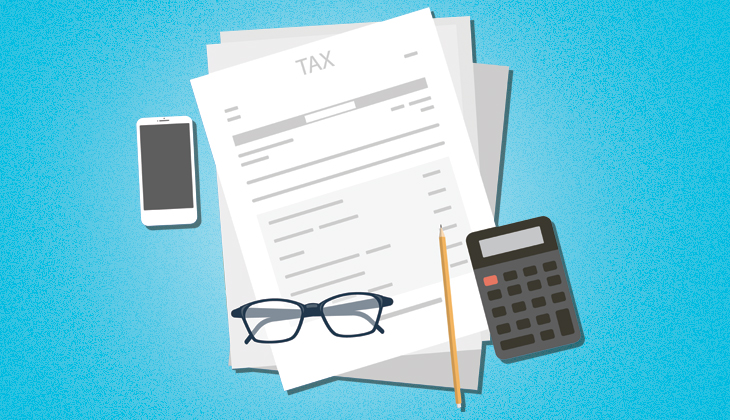Ask an Expert: What Should You Know for Tax Day?

As Tax Day approaches on April 15, American taxpayers want to know how the 2017 legislation intended to overhaul the federal tax system and simplify filing will affect them. Kay Hegarty (80BBA), associate professor of practice at the UI Tippie College of Business, is skeptical that the new laws will make filing easier for many. Here, Hegarty—who retired in 2015 from a 35-year career as a certified public accountant and now teaches Introduction to Taxation to accounting majors—shares some points to consider this tax season.
THE NEW "POSTCARD" TAX RETURN SHOULD BE MAILED IN AN ENVELOPE.
Taxpayers still mailing their returns to the IRS will pay for a full-price stamp or risk identity theft by sharing their Social Security number and private financial data with the world.
SMALLER IS NOT SIMPLER.
Form 1040 has been reduced from two pages to one double-sided half-page by eliminating many deductions or moving them to one of six supplemental schedules. Taxpayers risk underreporting income or deductions if the proper supplemental schedules are omitted.
YOU MIGHT END UP WITH A SURPRISE TAX BILL.
The IRS updated withholding tables for 2018 to reflect the new tax laws. The tables are guidelines for employers and may not reflect employees' individual tax situations. The loss of personal exemptions may negate the benefit of lower tax rates, resulting in a balance due instead of a refund.
DEDUCTIONS HAVE CHANGED.
Many itemized deductions have been eliminated or significantly reduced including property, sales, and state income taxes. On the other hand, the standard deduction has nearly doubled, so taxpayers may avoid recordkeeping and maintain the same amount of deductions or more than before.
DON'T PROCRASTINATE.
Get an early start because the 2018 filing season will be challenging for taxpayers, tax preparers, and the IRS.
